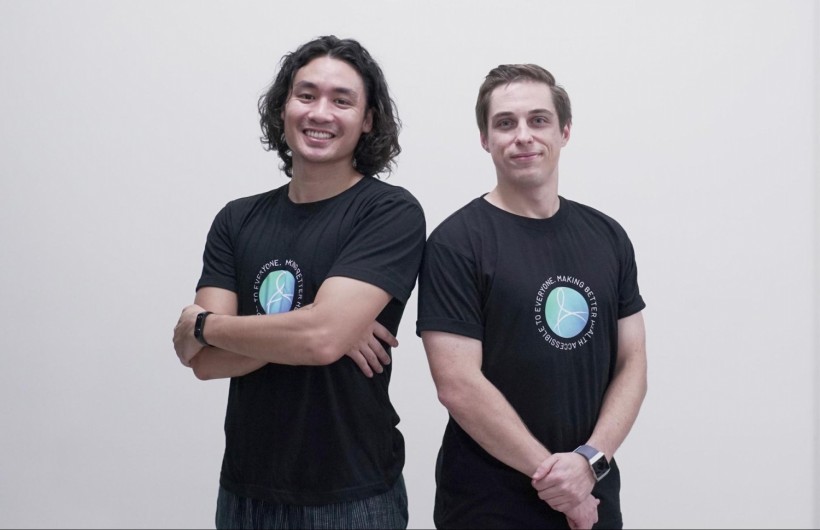
In the realm of health and human studies, scientific research is encountering significant challenges. These are amplified by the escalating chronic illness epidemic, which has started to reduce life expectancies in major economies, a first in many generations. Researchers in this field are in dire need of modern technology and processes, but they are often constrained by outdated methods and conservative funding approaches favoring established scientists.
Compounding this issue, grant funding has not kept pace with inflation, causing staffing, particularly for short-term logistic and technical roles, to become increasingly problematic. These factors combine to make running projects more challenging, even when funding is secured.
Labfront, founded by alumni of the Center for Dynamical Biomarkers at BIDMC/Harvard, used insights discovered while competing to win the Qualcomm Tricorder XPRIZE to address these issues. Its mission is to address the problems in healthcare by starting with academic research. By leveraging technological advances, conventional in-person research studies can be moved remotely, which is a key cost saver.
By using wearable technology from both medical manufacturers such as Dexcom as well as consumer device makers like Garmin, Labfront aims to provide options while significantly reducing the budget. Consumer devices, for example, are often perceived as inferior to their more expensive medical counterparts. However, many of these devices share the same components and supply chain and thus can achieve high accuracy with the right settings. For instance, in collaboration with Garmin Health, Labfront developed an algorithm for actigraphy using entry-level Garmin devices that exceeds 95% accuracy when compared with the much more expensive devices.
By integrating these wearables for data collection and utilizing its platform for data management and analysis, Labfront allows researchers to process and visualize data efficiently without needing advanced coding skills. This approach not only saves costs but also time, reducing some project expenses from an estimated $50-100k to under $10k.
Labfront's cost-reduction initiatives have profound implications for the academic research landscape. By lowering financial barriers, Labfront is fostering a more diverse and inclusive research environment, expanding the range of potential funding sources, and encouraging community-driven and citizen science projects.
This is especially beneficial for early-career and non-tenured researchers facing budget constraints. It also addresses the issue of brain drain in academia, where talented researchers might leave for corporate roles due to a lack of funding. Moreover, the diversity of research topics is set to widen, thanks to the increased availability of funding.
In summary, though the field of science is facing unprecedented challenges, there are innovative startups like Labfront tackling systemic challenges in health research. Through cost reduction and technological innovation, these companies are not merely addressing a fragmented system; they are reshaping the entire landscape of scientific research. This endeavor is about more than just financial efficiency; it's about creating a fairer, more accessible framework for scientific inquiry, promising widespread benefits for the research community and society.
* This is a contributed article and this content does not necessarily represent the views of sciencetimes.com














